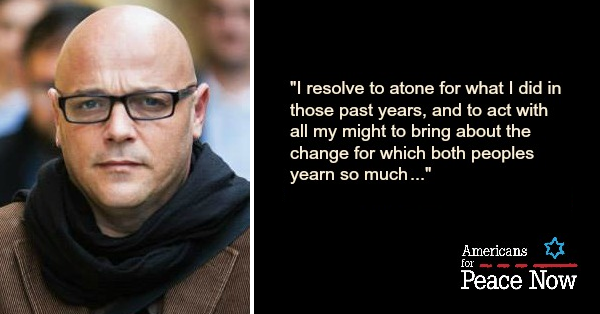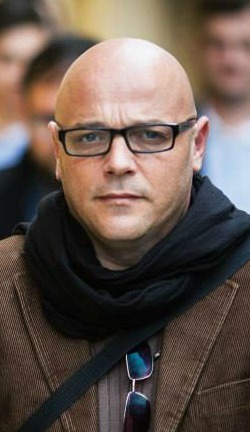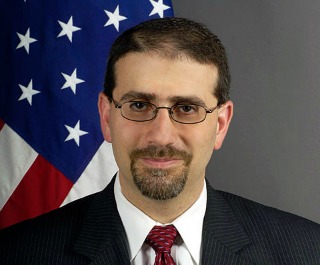It has been said before that — and forgive us for channeling F. Scott Fitzgerald — politicians are different from
you and me. Nowhere is the simple maxim of the Lost Generation’s preeminent writer more evident than in U.S. Rep.
Richard Neal’s performance during Friday’s
town-hall-style forum at Berkshire Community College in Pittsfield.
Click here to see the full forum on video.
The congressman is a smooth-talking operator fluent in a variety of issues, most notably tax policy — an expertise
borne no doubt from his 24 years on the powerful House Ways and Means Committee. But despite his extensive
knowledge of tariffs and revenue raising, Neal showed a troubling unfamiliarity with free speech issues in fielding
questions from audience members about his sponsorship of a bill that raises obvious First Amendment questions.
Neal co-sponsored a highly controversial bill, the
Israel Anti-Boycott Act, which opposes a United Nations Human Rights Council resolution urging countries to
pressure companies to divest from Israel. The controversy lies mostly in the second part of the bill, which
prohibits Americans engaged in interstate or foreign commerce from supporting an international boycott of Israel.
Violations are punishable by a fine of up to a $1 million and 20 years in prison.
On its face, the prohibition against participating in boycotts sounds like a glaring departure from the American
tradition of free speech. The American Civil Liberties Union has attacked the bill as
“antithetical to free speech protections enshrined in the First Amendment” and urged the Senate to reject it.
On the other hand,
some reputable legal scholars have argued that “federal law has for decades generally banned participation in
boycotts of friendly nations” and that such bans only
place prohibitions on commercial activity, not on actual speech.
Be that as it may, Cheryl Hogan of Charlemont pleaded with Neal to reconsider his support of the legislation,
noting to much applause that she sees “that law not only as really stepping on our constitutional rights to free
speech, but also attacking the one powerful nonviolent resistance movement that there is to try to change what we
see happening in the Middle East.”
Neal’s response was revealing. He said he would ask Sen. Ben Cardin (D-Maryland) for “clarification” in order “to
eliminate the idea that there might be a problem with free speech.” Neal added that he had read the Congressional Research Service’s report on the legislation and
“and I came to the conclusion that there is no threat to free speech” because “this is about commercial activity.”
Read more




 My name is Shabtay Bendet. I am forty-four. I have six children and I live in Jaffa.
My name is Shabtay Bendet. I am forty-four. I have six children and I live in Jaffa.


 Each year at Rosh Hashana, we take stock of our actions from the past year. This year, we have
additional reason to take stock as we head into the Days of Awe and the season of repentance: this is the 50
year of the occupation.
Each year at Rosh Hashana, we take stock of our actions from the past year. This year, we have
additional reason to take stock as we head into the Days of Awe and the season of repentance: this is the 50
year of the occupation.




